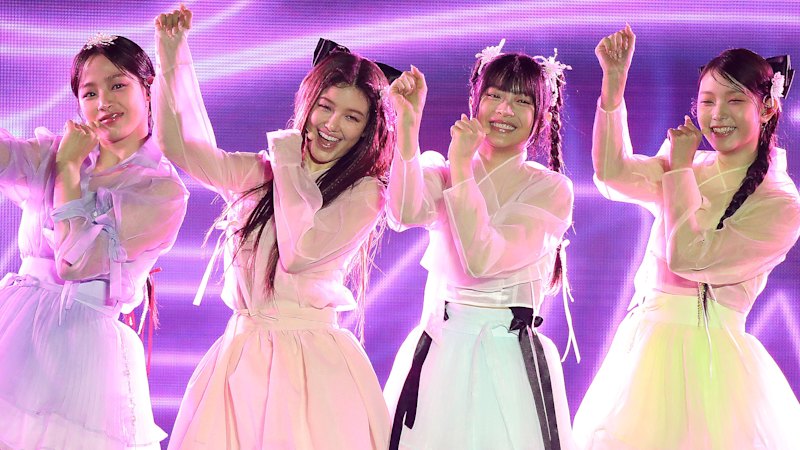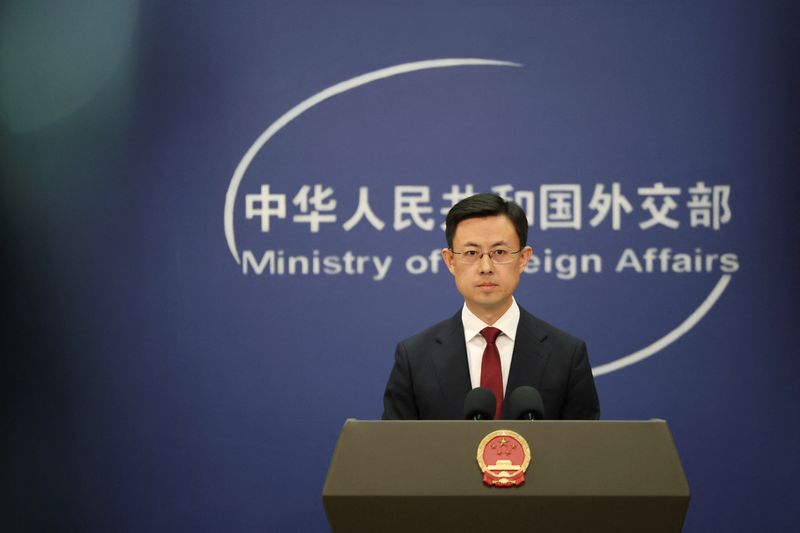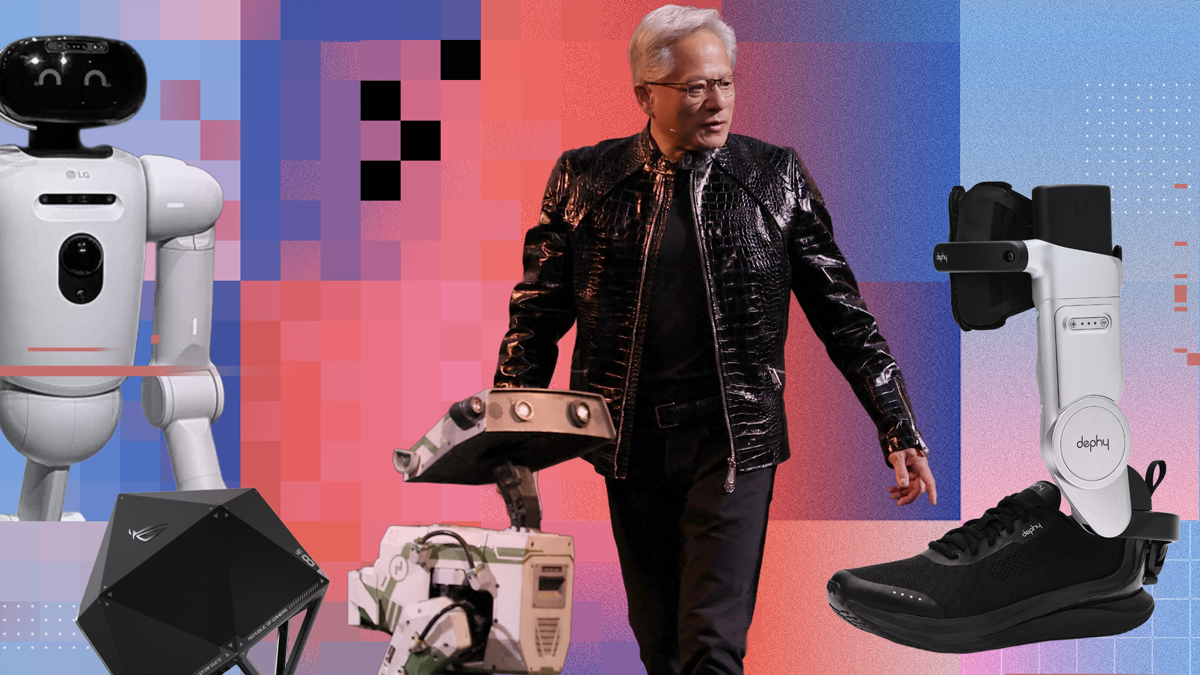
The new president of South Korea, Lee Jae Myung, and Japanese Prime Minister Shigeru Ishiba have taken significant steps to mend historical tensions and foster a cooperative future during a pivotal summit in Tokyo. The meeting, held over the weekend, marked a potential turning point in the bilateral relations between the two nations, as both leaders committed to setting aside past grievances and working collaboratively.
In a historic move, the leaders issued their first joint statement in 17 years, pledging to develop “stable, future-oriented” ties across various sectors, including artificial intelligence, industry, and the denuclearization of the Korean Peninsula. This diplomatic breakthrough comes as the defense ministers from both countries prepare to meet in Seoul on September 8, marking the first such meeting in over a decade.
Progressive Steps Toward Cooperation
The summit also laid the groundwork for a joint task force aimed at addressing shared challenges such as declining birth rates and the revitalization of rural areas. These initiatives reflect a broader commitment to tackling pressing socio-economic issues collaboratively.
South Korean President Lee Jae Myung expressed optimism about the renewed relationship, stating, “This is our second meeting. I feel that we are close friends.” He emphasized Japan’s role as an “indispensable partner” in addressing urgent global issues, a notable shift from his earlier criticism of his predecessor’s diplomatic approach.
Historical Context and Shifting Dynamics
Lee’s change in stance is particularly significant given the historical context. Since taking office two months ago, he has advocated for a pragmatic diplomatic approach, even as he acknowledged the painful history between the two nations. On August 15, the anniversary of the Korean Peninsula’s liberation from Japanese rule in 1945, Lee underscored his commitment to moving beyond past conflicts.
Japanese Prime Minister Ishiba echoed Lee’s sentiments, acknowledging the complex history between the neighbors but emphasizing a commitment to a “consistent political course.” This approach reflects a broader regional strategy in response to the shifting geopolitical landscape.
Geopolitical Implications and Strategic Alliances
The renewed focus on bilateral cooperation comes amid concerns over the unpredictable foreign policy of the United States under President Donald Trump. Both Japan and South Korea face uncertainties regarding the US’s role as a reliable ally, particularly in the face of growing ties between North Korea, China, and Russia.
During the summit, Lee and Ishiba addressed these strategic challenges, highlighting the need for a “positive cycle” of cooperation with the US. This is particularly pertinent as President Lee is set to meet with President Trump in Washington, aiming to solidify the trilateral alliance.
“Both countries are worried that the US is pulling back from being the major protective power, but also from being a reliable trade partner,” said Frederic Spohr, the Seoul-based representative of Germany’s Friedrich Neumann Foundation.
Domestic Politics and Future Challenges
Despite the promising developments, the agreements remain vulnerable to political changes, especially in South Korea where new administrations often revise previous commitments. However, President Lee has assured Japanese media that he will uphold agreements related to historical disputes, including compensation for forced labor during World War II.
In Japan, Prime Minister Ishiba faces his own political challenges. Following a setback in the parliamentary elections, his leadership is under scrutiny, and potential successors like nationalist Sanae Takaichi could reignite tensions by revisiting controversial issues, such as visits to the Yasukuni shrine.
Looking Ahead: Opportunities and Risks
The current diplomatic thaw offers a foundation for enhanced cooperation, but it also underscores the fragility of international relations in a rapidly changing world. As both nations navigate internal and external pressures, the path forward will require careful diplomacy and a commitment to shared goals.
For now, the Tokyo summit represents a hopeful step toward reconciliation and partnership, with the potential to reshape the geopolitical dynamics of the region. As the leaders continue their dialogue, the world watches closely, hopeful for a sustained and peaceful collaboration.







